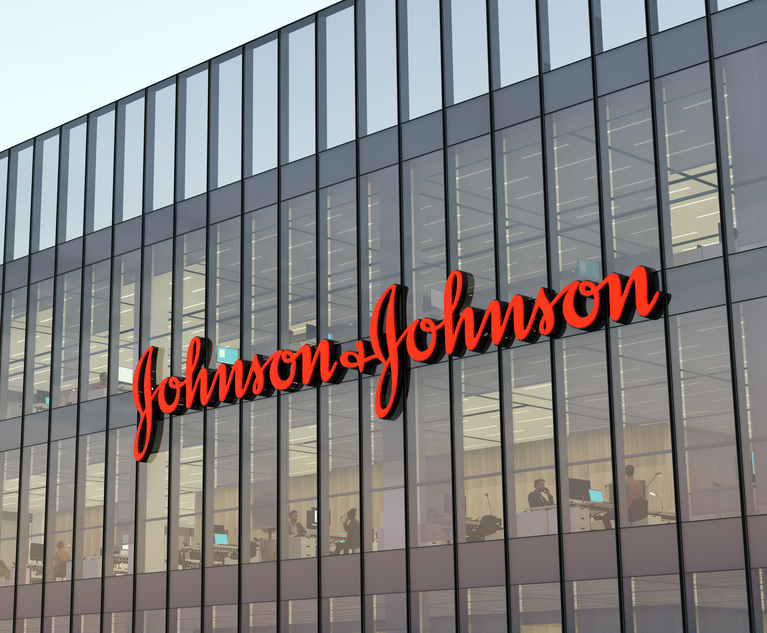In the wake of the #MeToo movement, states across the country have started adopting progressive measures designed to protect alleged victims of sexual harassment from being forced into silence through confidentiality and non-disclosure agreements, while allowing them to share their stories. These measures also include efforts to protect victims of discrimination and retaliation in the workplace. While noble in intentions, such efforts are causing an equal and opposite reaction amongst employers who are alleged to have engaged in such unlawful acts against their employees or for fostering an environment where such conduct is condoned—even when such allegations are never substantiated by the claimant.
Strategically, employers accused of discrimination, retaliation or harassment by a current or former employee are often times willing to offer the claimant a nominal settlement amount, without any admission of liability, guilt or fault, in order to make the claim “go away” before it hits the newswire or to avoid the high costs associated with litigation. Those settlement agreements, which often include broad releases, would typically also contain confidentiality and/or non-disclosure provisions to ensure that those claims remained under wraps. However, under the recent wave of legislation, employers—including those in New Jersey as of March 2019—are being deprived of this opportunity to quell claims of discrimination, retaliation or harassment through settlement. Employers are similarly being denied the opportunity to enforce arbitration agreements that would otherwise force any such claims to be adjudicated in a private, as opposed to a public, forum. Ultimately, this may have unintended consequences in employment disputes that could undermine the good-natured intentions of the legislature.


 Photo: miflippo/iStockphoto.com
Photo: miflippo/iStockphoto.com




